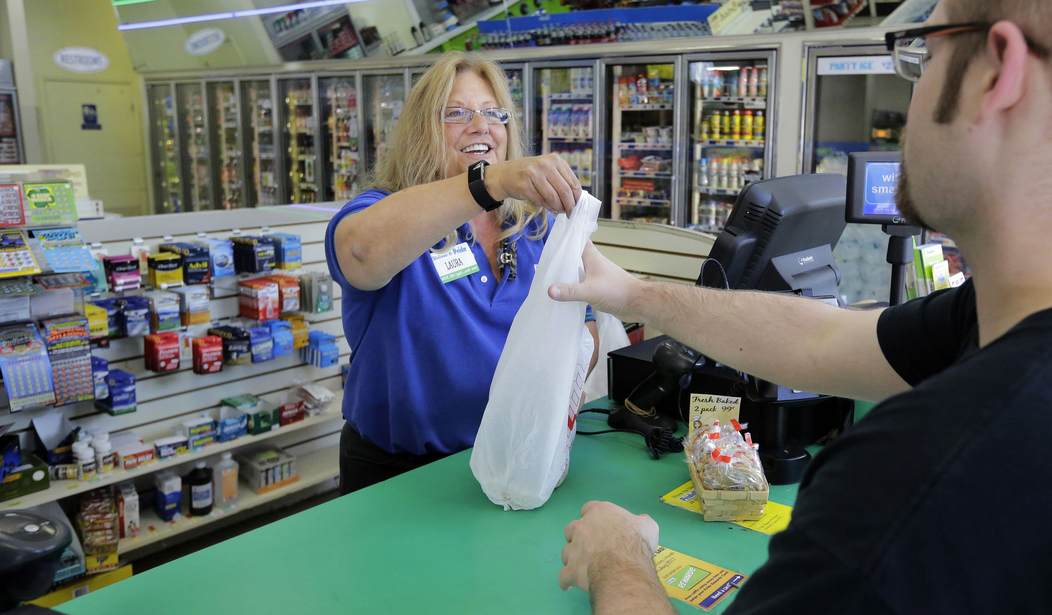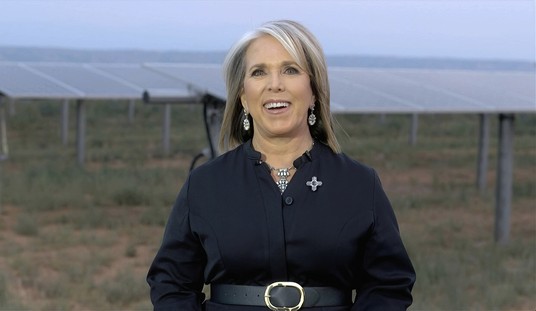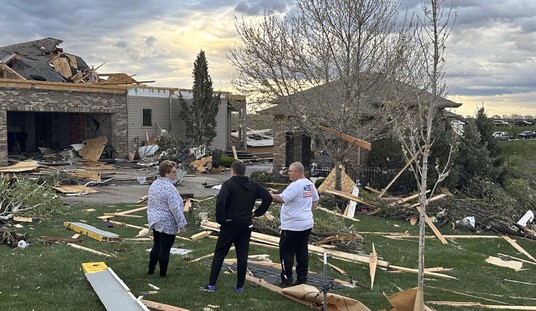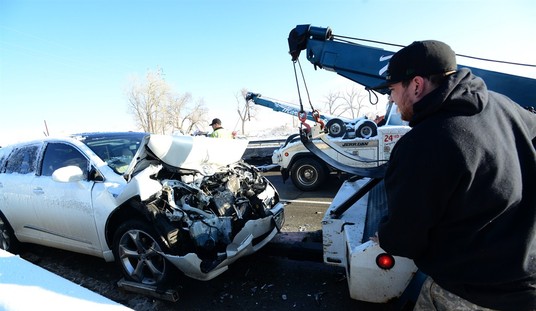Every time the Christmas and Thanksgiving holidays roll around and we do the Toldjah family get-togethers, one of the hot topics of our dinner table conversation revolves around the negative experiences we've had with customer service hotlines, at fast food restaurants, grocery stores, and other retail establishments during the course of the year.
None of it is to mock or belittle retail and service workers. Every family member at the table worked retail/service at some point in their life and knows the ups and downs that come with it, how you have to learn to take the good with the bad, grin and bear it when interacting with obnoxious customers, and how to appreciate the pleasant back and forths with the customers who make it all worthwhile.
Over the last two or three years, though, those negative stories have become more numerous. And between my own experiences, hearing the ones from family members, friends, colleagues, and online acquaintances, I've come to the conclusion that good, quality customer service is fast becoming a lost art.
As it turns out, a lot of people are in the same boat:
74% of Americans say they've had product or service problem in the past year, according to the 10th edition of the National Customer Rage Survey, which tracks satisfaction and incivility. The incidence of problems has more than doubled since 1976.
And on the other side, consumers are described as increasingly vocal about it — literally. The survey found 43% of customers yelled or raised their voice to express displeasure about their most serious problem, up from 35% in 2015.
If you've spent any time on the rage-inducing side of customer freakout TikTok, you've probably seen enough to know things feel... off.
The coronavirus pandemic significantly exacerbated some problems that already existed, but there were numerous ones brought on by the COVID crisis, like the mandated cutbacks in hours of operation, forced shutdowns in some instances, and there were the worker shortages that got worse as the outbreak continued, due in part to the government incentivizing people to stay home.
I distinctly remember in 2022 and 2023 going to local fast food restaurants and seeing signs put up in the windows asking people to be patient and to appreciate the workers who did show up for work, which was like an announcement that hey, we're short-handed, so cut us some slack, please.
Having to wait in line or on the phone a little longer than you normally do doesn't bother me so much. It's the person helping me (or not helping me) that is my main determining factor in deciding whether or not I've had good customer service.
And increasingly, I've had to deal with people who simply cannot be bothered to care. Their personality is terrible. My orders are frequently wrong. There are no apologies for when it's pointed out that they screwed up. There is a "you get what you get" mentality with some people that is 50 shades of annoying and intolerable.
There are places around here that have gotten so bad that we will go out of our way to avoid them.
What can be done about it in the short term? Take your business elsewhere, which sends a message that poor customer service will not be tolerated.
But what about the long term? I've read suggestions that the way forward is to raise wages but in my view that will simply make the problem worse as it rewards people for bad behavior and doing the bare minimum.
I think the issue is more with how young people in particular are raised, and with what they learn (or don't learn) in the classroom and the real world, with fewer of them being taught the value and respectability of a hard day's work.
If we as a society can get back to that, things will change for the better. But I fear we're on a path where that type of change is becoming close to impossible. I hope and pray that I'm wrong.
Related -->> WATCH: Female Influencer Visits Gym in Painted-On Pants, Gets Reaction She Deserves After Playing Victim













